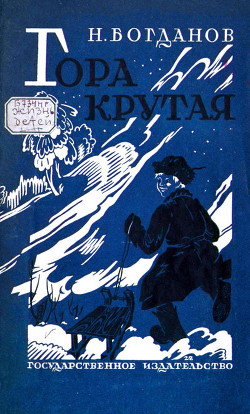Tracing the evolution of Susan Glaspell's writing, Veronica Makowsky provides fascinating glimpses of the life of a woman who broke the barriers against female journalists, advocated socialism, struggled with the precepts of Greenwich Village free love, was one of the founders of the Provincetown Players, participated in the sessions of the feminist Heterodoxy Club, placed women's concerns on the stage as a playwright and actress, and wrote about a turbulent century of American women with courage, optimism, sensitivity, and love. This is the first full-length book about Glaspell's works, including the fiction and lifewriting that bracketed her relatively brief career as the playwright best-known for the one-act drama Trifles. Also the author of many other plays, including the Pulitzer prize-winning Alison's House, a number of collected and uncollected short stories, nine novels, and a biography of her husband the iconoclastic George Cram Cook, Glaspell was an artist of formidable, but ill-acknowledged talent. Makowsky places Glaspell's work in its biographical and cultural context, with particular attention to Glaspell's depiction of women's roles over a century of American history. In addition, she examines closely Glaspell's use of the maternal metaphor and her depiction of women in the role of mothers. This absorbing and revelatory study rescues one of America's literary "foremothers" from relative obscurity, challenging canonical ideas about the circumstances that lead to literary "greatness."

















